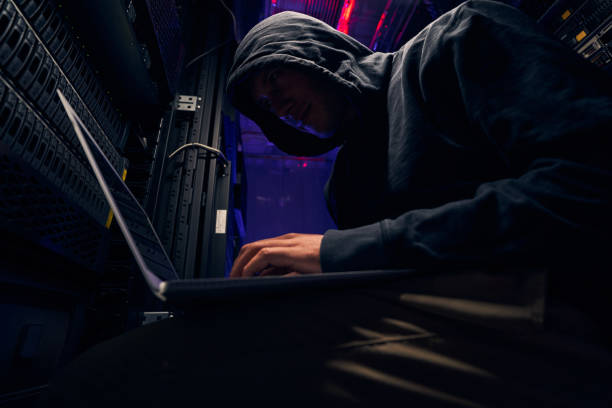How the Dark Web Affects You

Did you know that there are various aspects of the internet you interact with daily? You most likely use the “safe” and visible part of the internet for web browsing, accessing email and social media. How about other parts of the internet you hardly interact with? It may hold valuable information about you and have it on sale at an affordable price. How can you protect yourself from these unknown elements of the internet? Before we attempt to answer, let’s try to understand the dark web.
What is the dark web?
Most users of the internet only interact with the visible part of the internet also known as the surface web and the deep web. The surface which forms about 10% of total internet traffic is what search engines like Google, Safari and Microsoft engine can reference and find. This is mostly public information.
The deep web on the other hand hosts private data which isn’t meant for public consumption. This includes membership websites, intranet sites and corporate web pages, online banking sites, social media apps, emails, databases and pretty much anything that requires login credentials for access.
The hidden part of the deep web is what is referred to as the dark web. It is called “dark” because it is designed to keep user identities, communications and activities anonymous.
Why does it exist?
According to Investopedia, the dark web came about in the early 2000s when Ian Clarke developed Freenet to help people freely express themselves online. It was meant to safeguard communications of journalists, activists and residents of certain countries from government oppression and intervention. Some security professionals use it to conduct threat analysis and cyber intelligence.
Why is it such a dangerous part of the web?
The anonymous nature of the dark web has made it a haven for criminal and illegal activity although it was not designed for this purpose. Criminals and other malicious actors conceal their identities to engage in illegal trade and transactions such as drug trafficking, malware distribution, hiring hackers, selling weapons, personal data, fake identities, and counterfeit currency.
On the dark web, credit cards with pin cost anywhere between $25 and $35. Hacked social media accounts cost $1 to $60 and Gmail account credentials cost about $80. That is how affordable your information can be. It is estimated that 57% of all activity on the dark web is criminal in nature.
How can you protect yourself?
There is a huge law enforcement presence on the dark web. In recent years, many criminal groups have been successfully brought down or had their operations disrupted. While we applaud the efforts of law enforcement agencies, we need to do all we can as individuals and businesses to safeguard personal information before it gets into the hands of cybercriminals.
The first step is to stay vigilant when engaged in online activities. Take basic cyber housekeeping seriously. Set strong passwords by following what you have learnt during cyber training and awareness programs. Reset passwords often, use password less authentication where possible and avoid password sharing at all costs.
Implement multifactor authentication on personal devices not just on corporate owned devices. Keep all personally identifiable information (PII) as secure as possible. Where possible, use aliases on social media accounts. Sign out of browser sessions when you are done visiting a webpage. Do not use the password across multiple accounts as it makes it very easy for attackers to gain access to your information. Be on the lookout for social engineering activities in person, online or through text messages, and finally, avoid visiting malicious websites.
There is an abundance of tools and software designed to keep us safe online but ultimately, the safeguarding of your personal data comes down to you. The more effort we put into becoming cyber secure, the less chance of falling victim to cyber-attacks.
As always, be safe, stay healthy and be cyber secure.
